Most people have never worked in the logging industry. They know that they can call a logger for tree log removal and make some money by selling the trees. Most of those people realize that it is a dangerous job, but do they really know how dangerous it really is? Miller Farms looks at some of the risks in working in log removal service and tree cutting, what makes it significantly hazardous, and the training that our loggers must go through to reduce the risk of injury.
The Work Is Extremely Physical
Every aspect of logging is physical work, including cutting the trees, debranching them, wrapping the choker around them, and hauling them to a clear spot to "buck" them into lengths accepted by lumber mills. Even loading them on the truck is a physical job, even though most loggers use a knuckle boom, a large tractor, or a track hoe to load them.
Loggers must be able to lift and carry heavy objects, including timber, equipment, and debris. They must also be agile – they must be able to stand or bend in awkward positions, climb trees, walk steep hills and work in all kinds of terrain. They must be in good shape and have a lot of stamina – and even that doesn't prevent all injuries. However, without being physically fit, the risk of injury increases significantly.
Working with Heavy Equipment While Logging Trees
Loggers work with heavy equipment – skidders, knuckle booms, logging trucks, feller bunchers, harvesters, dozers, and more. Working around and with this equipment is always hazardous, especially for someone who is not experienced or someone who is not focusing on his or her job.
Many small companies like Miller Farms hand cut the trees and may use a cable skidder or a clambunk skidder to drag the trees out of the woods. Logging trees by hand cutting them means less equipment in the woods and less damage to the ground.
Working with Saws and Other Hand-Held Tools and Equipment
White oak buyers, walnut timber buyers, red oak buyers and other tree buyers who cut by hand use a variety of chainsaw sizes to cut the trees. They also use several tools, including wedges, sledgehammers, canthooks, files, wrenches, screwdrivers, axes, hatchets, and more. Every one of these tools has the potential to cause injury, even when used properly. Thus, personal protective equipment is a must for tree log removal.
Personal Protective Equipment for the Dangerous Job of Logging Trees
Loggers require personal protective equipment, including:
- Cut-resistant gloves
- Hard hats
- Eye protection
- Ear protection
- Logging chaps
- Boots, preferably steel-toed
Many of these items wear out quickly, especially gloves and boots.
Weather Conditions
Another aspect of this dangerous job is the weather. While loggers can't provide log removal service when it's too windy, they do work in extreme heat and extreme cold. They may also work in extremely wet weather. In Tennessee, loggers can work in the winter but must be careful when areas become muddy. They will often work in the snow. As long as the ground isn't icy, they are able to work.
Some of the dangers of working in various weather conditions include:
- The ease of suffering heat stroke in hot and humid weather.
- Frostbite during the winter.
- Slippery conditions during the rainy and snowy months.
- Slippery conditions during Tennessee's mud season.
Those who work logging trees must be able to focus through the distractions these uncomfortable conditions present.
A note about wind: Several things can happen if loggers attempt to log when it's windy – even if the wind seems mild. Trees can barber chair – split right up the middle and fall prematurely, injuring a logger. The wind can also push a tree to fall in the wrong direction, causing catastrophic injuries or even death.
Logging and Safety
Responsible companies in forestry management and logging train their workers in the proper method of using heavy equipment and safely cutting a tree. With the proper training, which is often on the job, logging companies can reduce the risk of injury. However, because of the nature of the job, no one can ever completely remove the risk of injury.
Those who log, especially those who log by hand, often find working in the woods extremely rewarding. While no logging company can guarantee the safety of everyone, Miller Farms brings responsible forestry practices to its employees.
Contact Miller Farms
We have a great track record. Our employees have not suffered any major injuries in the years we have been logging trees in Overton County, Tennessee, despite this being a dangerous job. When you need your property logged, whether it's as small as 5 acres or a large parcel, contact Miller Farms for a free evaluation.






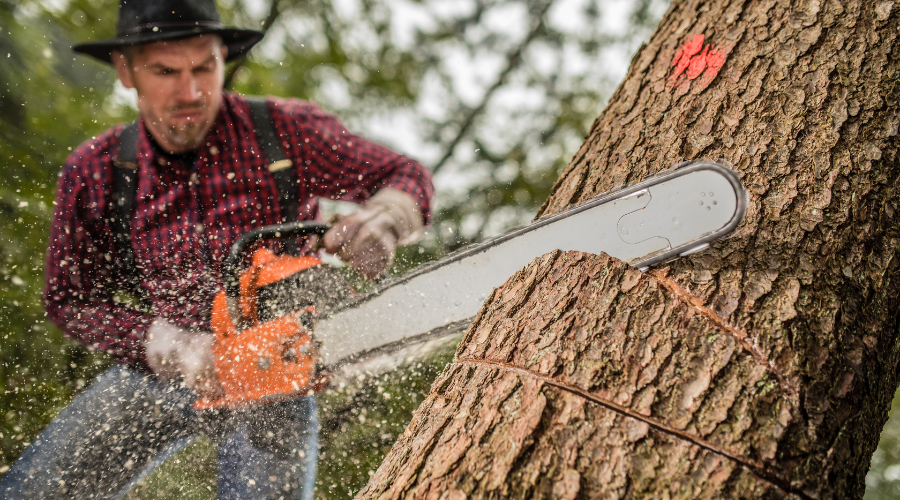
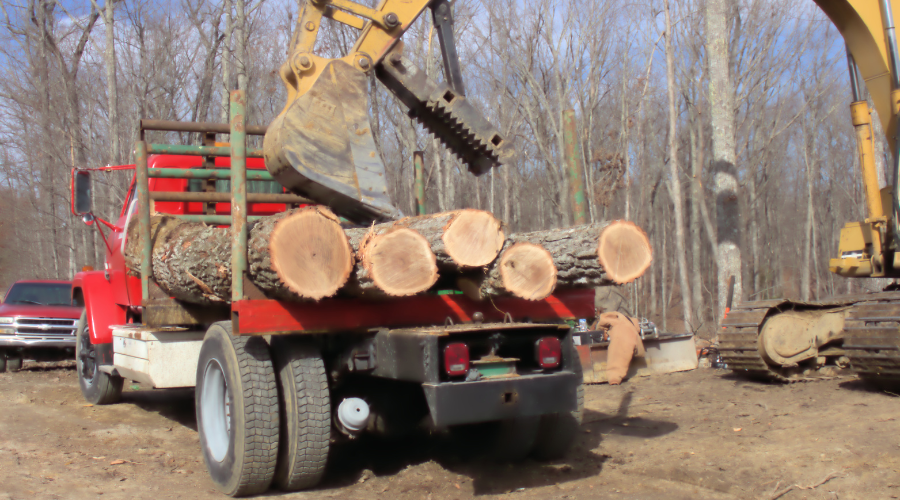
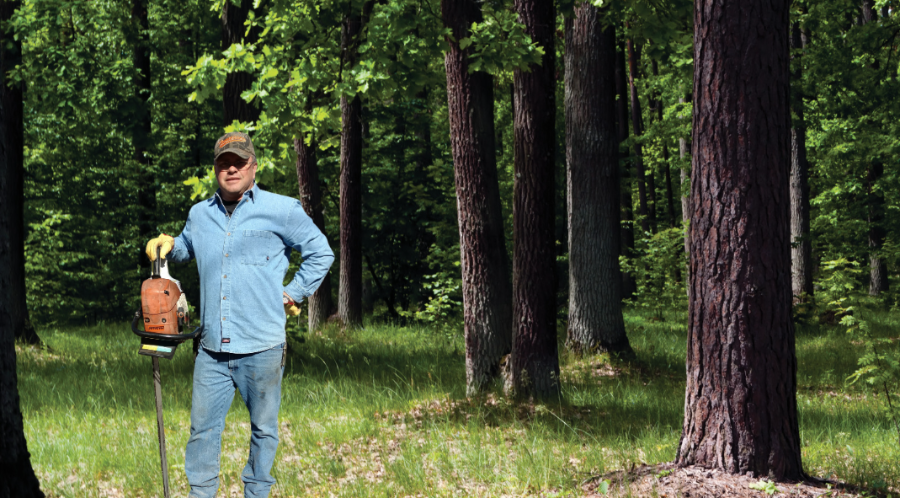
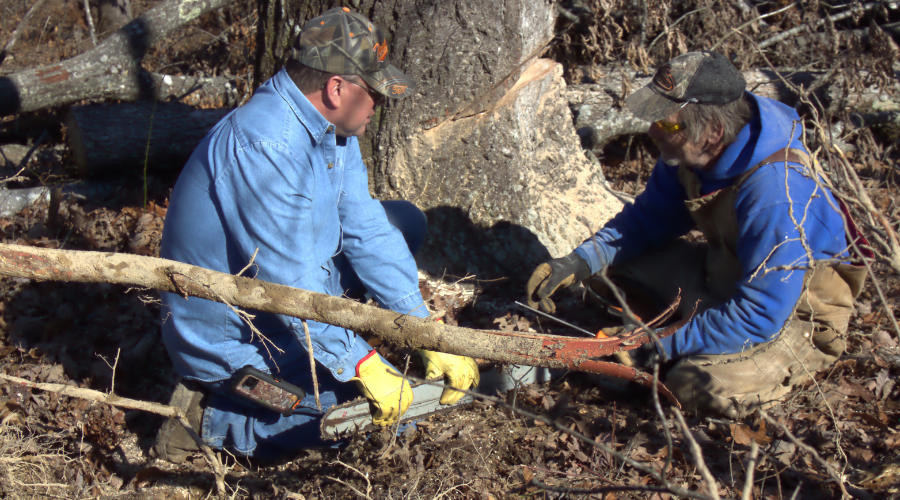
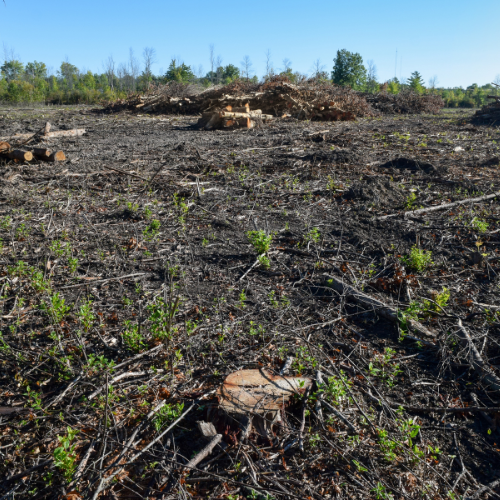


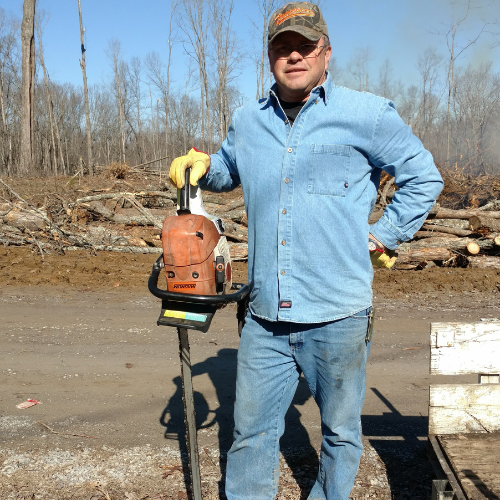
Comments